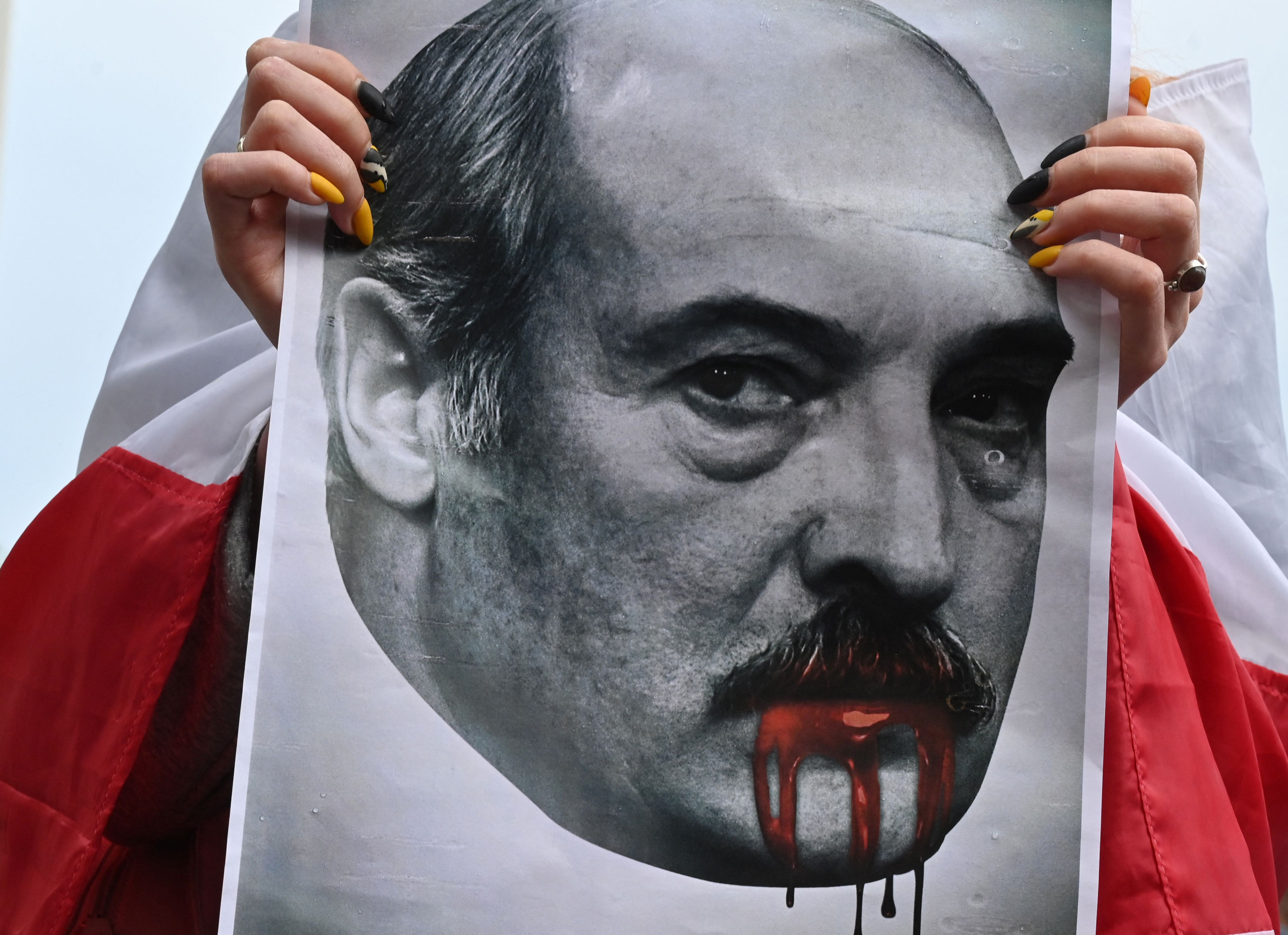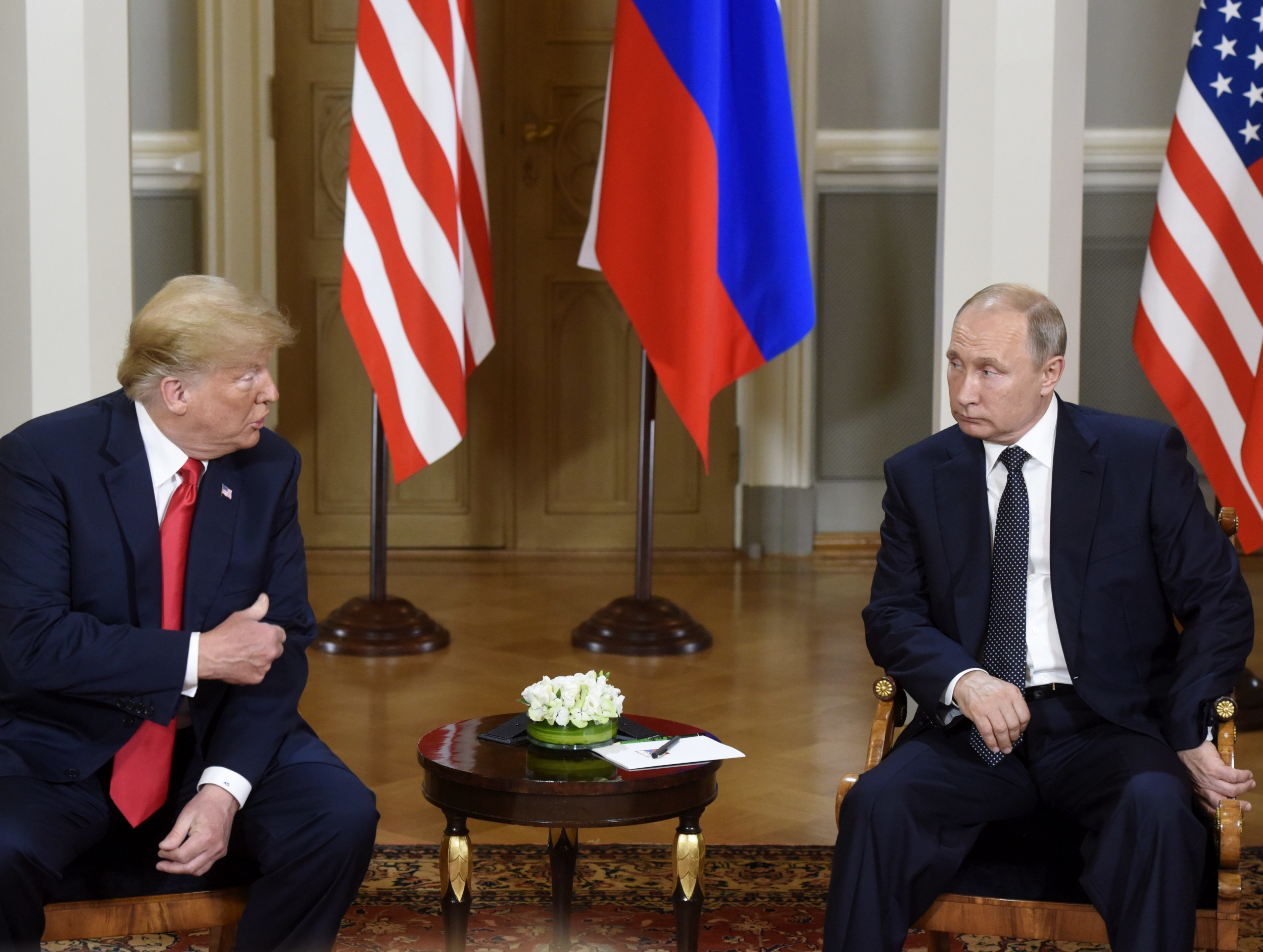President-elect Donald Trump's newly created Department of Government Efficiency could impact health care for veterans if plans to cut appropriations for expired bills go ahead.
Trump announced on Tuesday that Tesla CEO Elon Musk and entrepreneur Vivek Ramaswamy would spearhead the newly created Department of Government Efficiency, or DOGE, once he takes office in January. Trump said DOGE, which will not be an official government department, will "slash excess regulations, cut wasteful expenditures, and restructure Federal Agencies."
Ramaswamy, who ran for the Republican presidential nomination before suspending his campaign in January, has since said that money spent on expired government programs should be stopped. In a post on X, formerly Twitter, Ramaswamy cited the $516 billion spent on expired acts for the 2024 fiscal year.
"There are 1,200+ programs that are no longer authorized but still receive appropriations," which he described as "totally nuts" and advocated for saving "hundreds of billions" of dollars each year by "defunding government programs that Congress no longer authorizes."
Legislative authorities can expire and continue to receive appropriations—a law of Congress that provides an agency with budget authority—subject to congressional reauthorization. Among those expired appropriations is the Veteran's Health Care Eligibility Act, which amounted to $119 billion in government spending for 2024.
The act provides health care benefits to those who have served in active military, naval, or air service and did not receive a dishonorable discharge. It covers outpatient services like health appointments, immunizations, nutrition education, and inpatient services such as surgeries, acute care, and some conditions or injuries that may require urgent care. The act expired in 1998 but has been continually funded.
Newsweek reached out to Ramaswamy and Trump's teams for comment via email.

Current spending on all expired acts totals $516 billion for the 2024 fiscal year, a slight drop from 2023 when the cost was $519 billion. Other acts that could have spending cut include the 21st Century Cures Act, which funds biomedical research and cost $48 billion for the 2024 fiscal year, and the Foreign Relations Authorization Act, which deals with the administration of foreign affairs and cost $38 billion for 2024.
Restructuring the Department of Veterans Affairs, as touted by conservative think tank The Heritage Foundation's Project 2025, is also potentially in line under a second Trump presidency. The 900-page policy blueprint for an incoming conservative government advocates for increasing "robust political control" of the VA, removing abortion access for VA health care recipients and reviewing its protocols for disability aid.
Trump has repeatedly denied any involvement with Project 2025. However, several former Trump aides played a key role in its development, notably Brooks Tucker, who authored the chapter on the Department of Veterans Affairs. Brooks previously served as the acting chief of staff for the VA during Trump's first administration.
In August, the nonpartisan Veterans Healthcare Policy Institute said in its analysis of Project 2025 that "a second Trump term would decimate veterans' healthcare and benefits."
"The Heritage plan aims to finish, in a second Trump administration, the VA demolition job that was launched in the first one," the institute said. "It's an unconscionable approach to those who've risked their lives for this country."




















 English (US) ·
English (US) ·